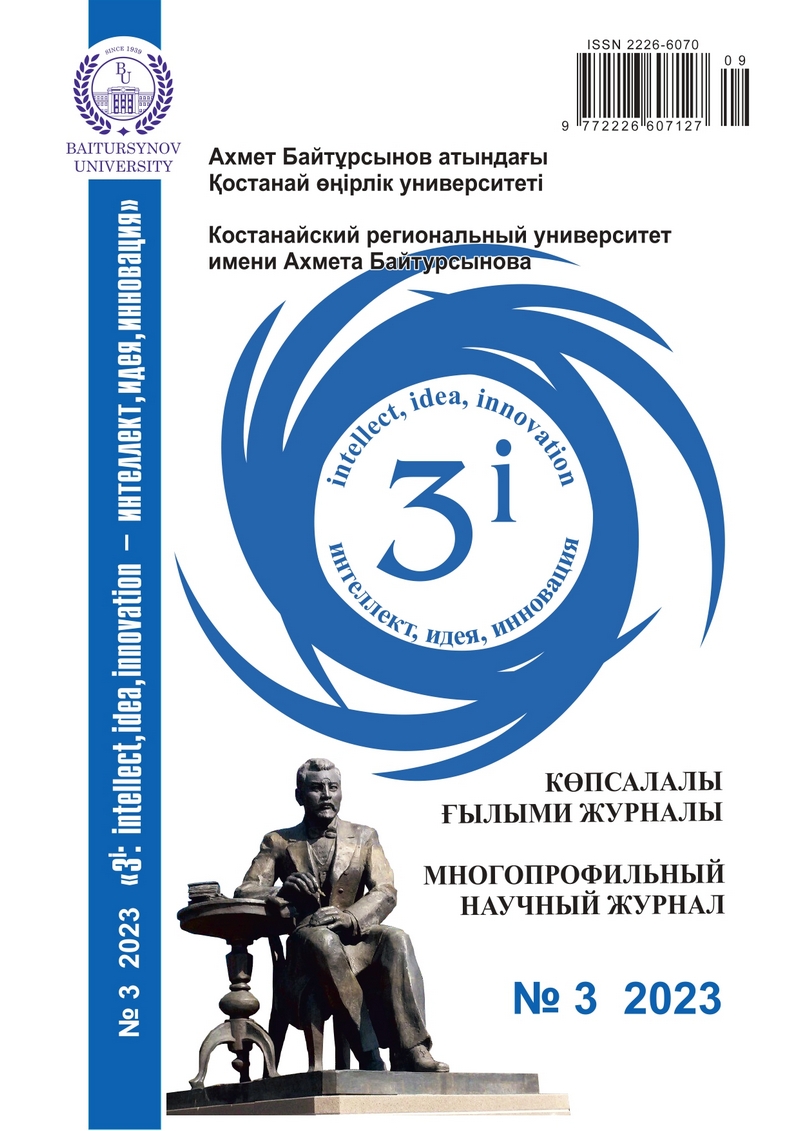ON SOME ISSUES OF INTRODUCTION OF THE APPLIED BACHELOR'S DEGREE IN KAZAKHSTAN
DOI:
https://doi.org/10.52269/22266070_2023_3_231Keywords:
applied bachelor's degree, short cycle, tertiary education, practice-oriented approach, technical and vocational education, educational programs, curriculumAbstract
To tackle the challenge of bridging the gap between theoretical and practical education of Kazakhstan graduates, a potential solution involves establishing and introducing applied bachelor's degree programs.
The article analyses foreign and domestic experience of introducing applied bachelor's degree programs. The authors also consider the possibilities and prospects of introducing the applied bachelor's program at the higher education level.
According to the authors, although the legislative framework includes the introduction of applied bachelor's degree programs in technical and vocational education, challenges persist in meeting the labor market's demand for highly skilled professionals with advanced practical abilities and the opportunity for program graduates to continue their education. The authors reviewed and compared the applied bachelor's degree programs and curricula within the technical and vocational education system versus those within the higher education system (in pilot higher education institutions). Introduction of applied bachelor's programs in universities requires the determination of the optimal ratio of courses that cultivate cross-cultural and professional skills, while considering the program's practice-oriented approach. The issue of the subsequent educational scenario for graduates of applied bachelor's programs necessitates further research and, in in the long view, justification to establish regulatory provisions.




